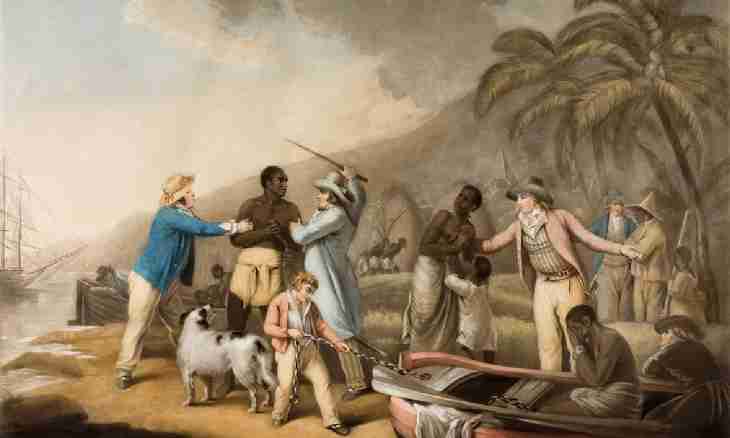The 19th century laid the great basis for an age of the following – XX when the science resolutely took a step forward. The discoveries made in the field of physics, chemistry and biology had a huge impact on the further course of technical progress.
Chemistry
Mendeleyev's table which use to this day became the main opening in the field of chemistry for this period. Dmitry Ivanovich Mendeleyev managed to reduce all chemical elements known at that time, in one scheme, proceeding from their atomic mass. According to a legend, the famous chemist dreamed about the table. Today it is difficult to tell whether it is the truth, but its opening was really ingenious. The periodic law of chemical elements on the basis of which the table is made allowed not only to order the known elements, but also to predict properties of those that were not open yet.
Physics
Many important discoveries within the 19th century were made also in physics. At this time most of scientists were engaged in the fact that they studied electromagnetic waves. Michael Faraday, watching the movement of a copper wire in magnetic field, found out that when crossing power lines in it there is electric current. Thus electromagnetic induction was open that promoted further the invention of electric motors.
In the second half of the 19th century the scientist James Clark Maxwell assumed that there are electromagnetic waves thanks to which electric energy is transferred in space. Later Heinrich Gerts confirmed with a couple of decades the electromagnetic theory of light, having proved existence of such waves. These opening allowed Marconi and Popov to invent later radio and became base for modern ways of wireless data transmission.
Biology
The medicine and biology this century also promptly developed. The famous chemist and the microbiologist Louis Pasteur thanks to the researches became the founder of such sciences as immunology and microbiology, and subsequently the way of heat treatment of products at which vegetative forms of microorganisms are killed that allows to prolong a period of storage of products – pasteurization was called his surname. The French physician Claude Bernard devoted himself to studying the building and functioning of endocrine glands. Thanks to this doctor and the scientist such field of medicine as endocrinology appeared. The German microbiologist Robert Koch for the opening was even conferred the Nobel Prize. This scientist managed to allocate a tubercular stick – the causative agent of tuberculosis that considerably facilitated fight against this dangerous and at that time a widespread disease. Also Koch managed to allocate a cholera vibrio and a bacillus of anthrax.

